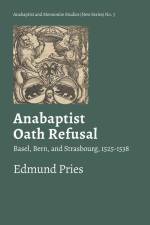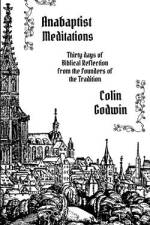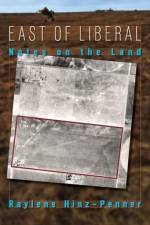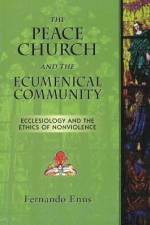av Edmund Pries
297
"Edmund Pries's work remains the definitive and authoritative study of oath refusal in early Anabaptism."-C. Arnold Snyder, Professor of History, emeritus.>"Edmund Pries's Anabaptist Oath Refusal provides a focused treatment of this disruptive practice, which was distinctive of anemerging tradition of dissent. Offering a thorough survey of early modern printed materials and edited compilations of legal records, the book evaluates both commonalities and contrasts in urban authorities' approaches to nonconformity, while tracing developments in Anabaptist behaviour and argumentation. Its detailed work places Anabaptist action alongside a kaleidoscopic overview of the oath's history in European political and social life and its place in early Reformation debates about hermeneutics and the proper relationship of the church to the magistracy."-David Y. Neufeld, Assistant Professor in History.Director, Institute for Anabaptist and Mennonite Studies.>"Today, in our Western world, the oath is often a side-issue. But for the 16th century Anabaptists, it was one of the 'crucial points' (Knackpunkte) why persecution began with full force. For the Anabaptists, swearing the oath touched on their discipleship, confirming that their loyalty was to the kingdom of God and his church. Yet for the territorial rulers and city authorities, loyalty and faithfulness also manifested itself in taking the oath. Oath refusal was a highly political and 'highly inflammatory' (brandgefährlich) matter, as Edmund Pries' study impressively illustrates.">"Christian communities have long wrestled with the perennial question of how to live in the world and yet not be a part of it in ways that depart from discipleship to Jesus Christ. Sixteenth century European societies were bound together by architectures of oath-taking. But in Matthew's Gospel, Jesus tells his disciples, "I tell you not to swear [oaths] at all... Rather, let your utterance be 'Yes, yes' [and] 'No, no'" (Mt. 5.33-37; cf. James 5.12). Edmund Pries's Anabaptist Oath Refusal tells us how important these oaths were, and describes the various ways in which the Anabaptists interrogated them. One of the reasons why the Anabaptist groups were persecuted turns on this question of oath-taking. At the same time, Catholic and Protestant Christians insisted on the importance of oaths for the maintenance of social and institutional veracity. Pries helps his readers understand the complexities and challenges faced by Anabaptists who were seeking to live faithfully and peaceably. Pries has given us a book of rich history, and at the same time he has provided a study that may help readers discern their own relationship to societal conventions."-Michael Minch, Education for Global Peace















